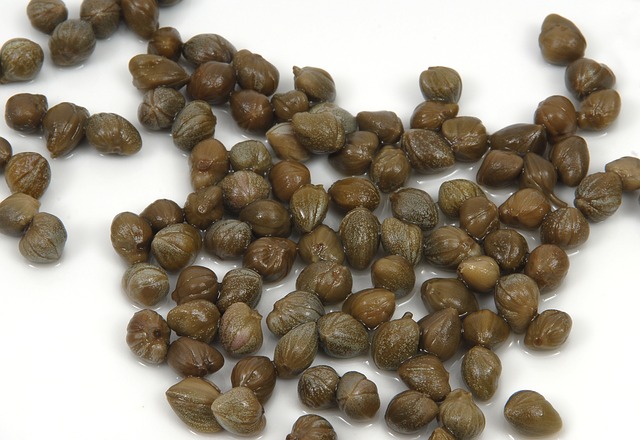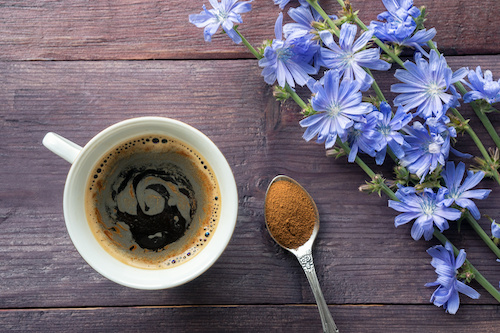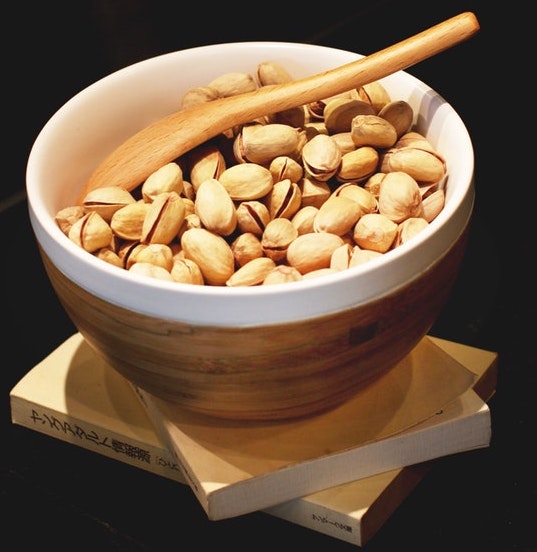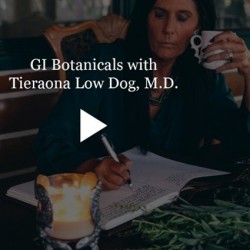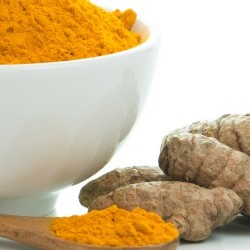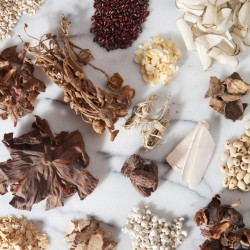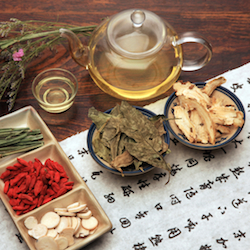Botanical Medicine
Discovery: Caper Berry’s Quercetin Activates KCNQ Potassium Channel
For many years now, Amanda Archibald, RD, culinary genomics expert and author of The Genomic Kitchen, puts the caper berries at the top of her superfood list because of high levels of quercetin. It is well known that quercetin has been shown to decrease decrease the transcriptional activity of theRead
Chicory and Chicoric Acid Show Potential Health Benefits
Chicoric acid, a hydroxycinnamic acid, derived most commonly in the roots of chicory (Cichorium intybus), purple coneflower (Echinacea purpurea), and basil. Each possesses a variety of health benefits, such as antiviral, antioxidant, anti-inflammatory, weight management, and neuroprotector. A number of companies are selling chicory root as a dietary supplement forRead
Medicinal Plant Extracts and Their Use As Wound Closure Inducing Agents
Throughout history, compounds have been used from nature to assist with wound closure. As this study, published in the Journal of Medicinal Food, suggests, “despite the discovery of antimicrobial agents, antiseptics, and anti-inflammatory drugs, the wound closure process is challenging in the clinical setting of modern medicine. “Plants and naturalRead
Pistachio Hull Essential Oil May Combat Candida sp.
In immunocompetent subjects, Candida sp. are generally responsible for mucosal infections, including thrush and vaginitis, which can lead to invasive candidiasis in immunocompromised patients, with emerging species becoming multi-drug resistant. Candida sp. represent the most common cause of fungal infections worldwide. In this work, researchers evaluated the activity of anRead
VIDEO: GI Botanicals for Optimal Digestive Support, by Tieraona Low Dog, M.D.
As clinicians, we always strive to give our patients the right tools to succeed in their personal health and wellness goals. To that end, a focus on gastrointestinal health is a key component of any comprehensive treatment plan. As Hippocrates said 2400 years ago, “All disease begins in the gut.”Read




